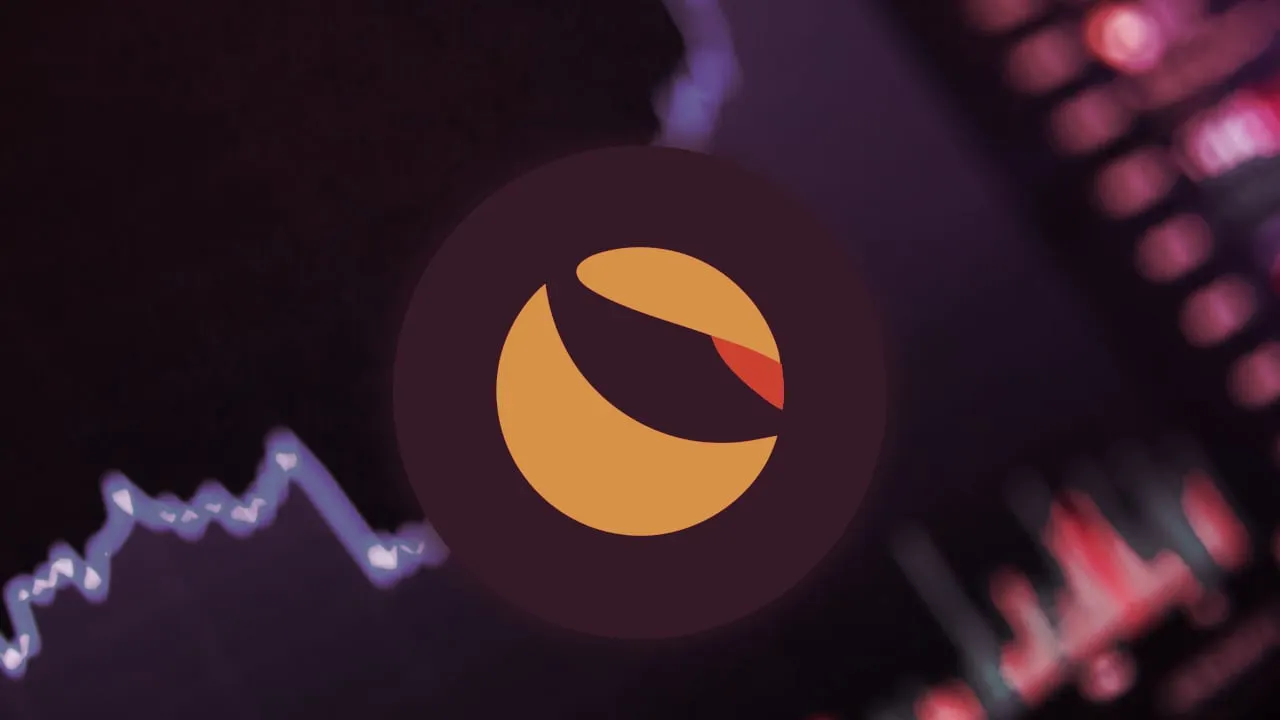Terra's UST stablecoin could become the subject of a U.S. Securities and Exchange Commission investigation.
An unnamed source told Bloomberg that the regulator's enforcement attorneys have been looking into whether the way Terraform Labs marketed UST, its algorithmic stablecoin, violated federal investor protection rules.
By definition, Terra's UST should have maintained its U.S. dollar peg and always been redeemable for $1. But unlike other stablecoins, UST relied on an algorithm, not a central issuer, to maintain its peg. When the algorithm appeared to longer be enough, Terraform Labs, through a separate entity called the Luna Foundation Guard (LFG), stepped in to provide backing.
The Luna Foundation Guard bought large amounts of Bitcoin and other cryptocurrencies, beginning in February, as reserve currencies for UST. So if a run took place on the stablecoin, and the price dropped below $1, LFG would use its Bitcoin reserves to buy back enough UST on the market to bring its price back to parity with the dollar.
It didn't work.
When Bitcoin experienced a sharp price drop in response to the Federal Reserve raising interest rates by half a point on Friday, May 7, the next day UST lost its dollar peg.
By Monday, May 9, UST was trading at $0.79. Over the course of the whole debacle, UST and LUNA, the governance token for the Terra ecosystem, would lose a combined billions.
If the SEC decides to pursue an investigation, it won't be the first time Terraform Labs hears from the U.S. regulator.
Yesterday, a U.S. District Court of Appeals upheld an order for Terraform Labs CEO Do Kwon to comply with an SEC subpoena by turning over documents and providing testimony about Mirror Protocol.
Mirror Protocol is a non-custodial trading platform that allows its users to trade Mirrored assets, or mAssets, meant to be synthetic versions of stocks like Tesla and Apple.
On Wednesday, a judge overruled Kwon's appeal, which argued that the subpoena should have been delivered to his legal counsel and that Terraform Labs doesn't have a sufficient presence in the United States.
South Korean officials have also launched an investigation to determine whether intentional price manipulation and other issues could have been behind UST's crash last month, according to local television network JTBC.

